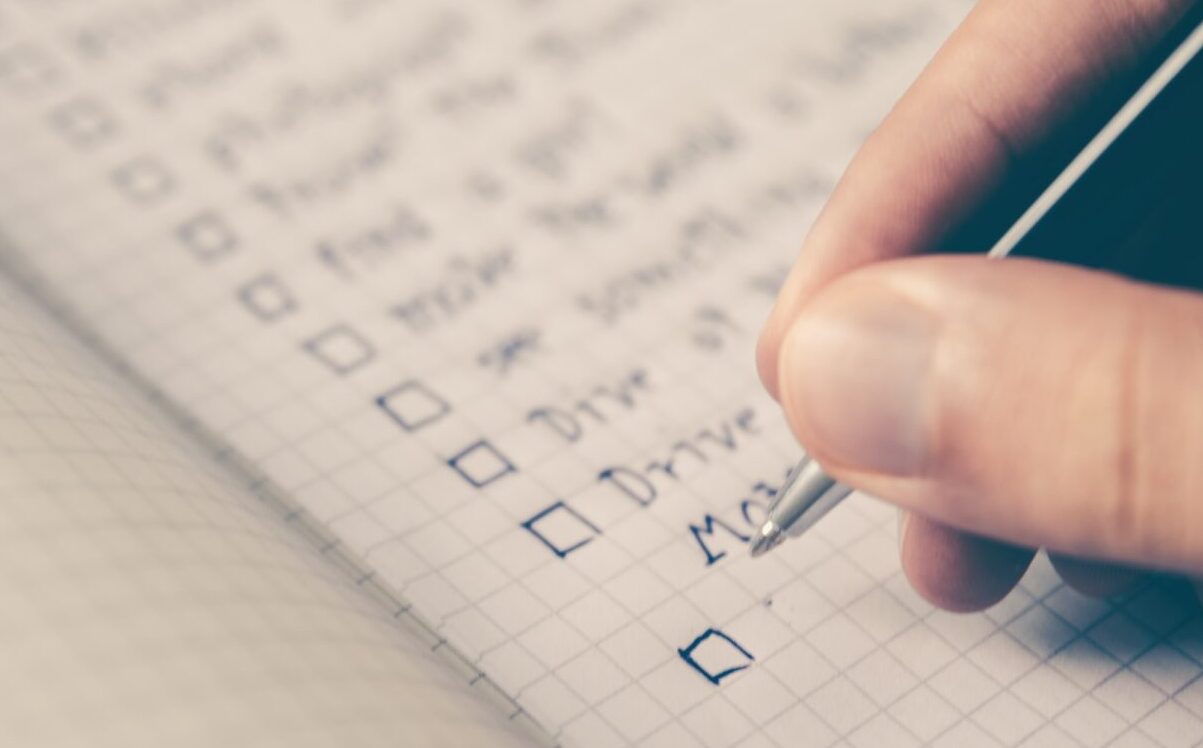How to Prepare for & Give A Great Deposition
- Understand the deposition process
- Understand the lawyer’s objectives
- Always tell the truth
- The best answers, if truthful are:
- “Yes”
- “No”
- “I don’t know”
- “I don’t remember”
- Listen to the question, pause, & think before you answer
- Do not answer a question unless you clearly understand the question
- If you do not understand the question, just say so!
- If you do not know the answer, say “I don’t know”
- If you do not remember the answer, say “I don’t remember” and then stop talking
- Do not confuse “I don’t know” with “I don’t remember”
- Don’t answer “Yes” or “No” to a question if the question can’t be answered accurately with “Yes” or “No”
- Never speculate or guess
- Answer questions based on your own personal knowledge
- If questioned about a document, ask to review it before you answer
- Take the time to read the document fully before you respond
- If asked to assume a fact, make it clear it is the attorney’s assumption, not yours
- Answer only the question asked
- Never volunteer information
- Do not try to restate or fix the attorney’s question
- Do not let the attorney put words in your mouth
- Do not think out loud
- Do not apologize or make excuses
- Do not offer your comments about the quality of the question
- Do not exaggerate or overstate
- Give the shortest possible truthful answer and then stop talking
- Use a verbal “Yes” or “No”
- Do not ramble or go off on tangents (see do not volunteer above)
- If the attorney interrupts you before you finish your answer, tell him or her that you were not finished
- Pay close attention to the questions
- If your attorney object to the question, stop talking and listen closely
- After your attorney objects, wait before you answer to see if the attorney is instructing you not to answer
- If your attorney instructs you not to answer, don’t answer
- Be calm. Never get angry.
- Do no argue with the opposing attorney or opposing side
- This is a serious process so no jokes
- Do not interrupt the question
- Pause and think about the question before you start your answer
- Talk slowly (makes it easier for you to articulate your thoughts and the Court reporter will love you for it)
- Do not look at your own attorney for help
- Correct any mistakes you made during your deposition
- Ask for regular breaks
- Do not use alcohol or drugs that can affect your performance
- Dress in a way that makes you comfortable or confident.
- Give the shortest but truthful answer
- Watch out for questions that assume facts that are not true
- Do not let the attorney limit your choices
- Do not let the attorney incorrectly summarize your testimony
- Beware of absolutes like “always” and “never”
- Remember that nothing is “off the record”
- Look out for the “… is that all?” question.
- There is nothing wrong with saying you met with your lawyer before the deposition
- Do not bring any documents to the deposition unless your lawyer tells you to do so
- Do not take notes in the deposition. You’ll have to give that to the attorney when you’re done and you don’t want to risk disclosing confidential information.
- Tell you lawyer your concerns before the deposition
- Admit the obvious, even if it hurts.
- Do not let the attorney bully you
- Do not be evasive
- Look out for “leading” questions
- Do not offer to do anything after the deposition ends
- Discuss questions you have with your lawyer at the next break
- Be confident and strong
